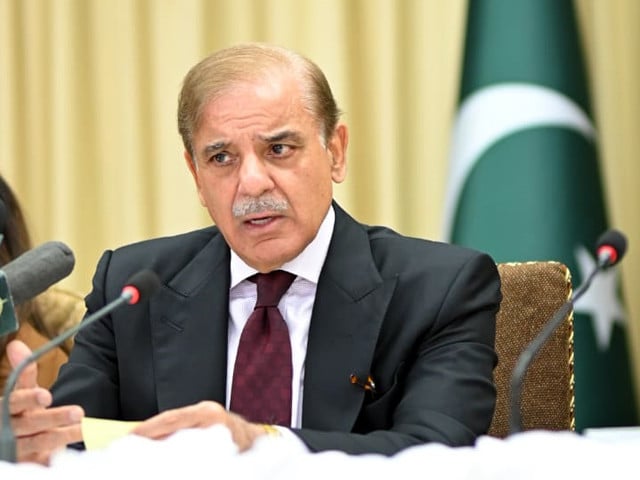ISLAMABAD: Prime Minister Shehbaz Sharif declared on Monday that tax evaders and their accomplices would not be spared, emphasizing the government’s commitment to enforcing tax compliance. The Prime Minister made these remarks during a meeting in Islamabad to review the country’s overall economic situation, a day after Finance Minister Mohammad Aurangzeb reiterated the government’s determination to broaden the tax net.
PM Sharif instructed relevant authorities to accelerate actions against tax evaders, stating, “National progress is only possible when every citizen fulfills their due responsibility.” He also highlighted his government’s significant economic achievements, including a bullish stock market and a dramatic reduction in inflation from 38% to 7%.
The latest figures from the Pakistan Bureau of Statistics (PBS) revealed that Pakistan’s Consumer Price Index (CPI)-based inflation dropped to 6.9% year-on-year in September 2024, marking the lowest rate since January 2021. This decline, from 9.6% in August, was attributed to the high base effect, easing commodity prices, and a stable currency.
“Relief for the people is our priority, and we are committed to fulfilling the promises made to them,” the Prime Minister stated, also pointing to the reduction in the interest rate from 22% to 15%, which he believes will stimulate business activity. Additionally, he noted an increase in foreign investor confidence, foreign exchange reserves, and remittances.
PM Sharif also acknowledged the Punjab government’s progress in the agricultural sector, especially the approval of the Punjab Agricultural Income Tax (Amendment) Bill 2024. Despite a walkout by opposition lawmakers, the bill aims to enhance taxation within the province’s agricultural sector.
In the meeting, discussions centered on Pakistan’s economic situation, inflation, and ongoing efforts to tackle tax evasion.
Meanwhile, Finance Minister Mohammad Aurangzeb, in a separate address, reaffirmed that the government’s commitments to the IMF were transparent and openly available on the Fund’s website. He stressed that Pakistan’s program with the IMF was structured to ensure transparency and accountability.
Aurangzeb further emphasized that while sectors like the salaried class and manufacturing had already contributed their share, other sectors—including real estate, wholesale trade, and agriculture—would need to step up and fulfill their tax obligations. “This is not a request but a necessity. As a nation, we are left with no choice but to broaden the tax base,” he asserted.




